Relations with France Fall Apart
America’s first armed conflict after the American Revolution was a mostly forgotten fight with France called the Quasi-War and was the culmination of a series of disagreements with our former ally.
Tom Hand, creator and publisher of Americana Corner, explores the events that led to these hostilities, and why it still matters today.
Images courtesy of National Portrait Gallery - Smithsonian Institution, Yale University Art Gallery, National Museum of the U.S. Navy, Library of Congress, National Gallery of Art, United States Senate, Wikipedia.
Between 1798 and 1800, the United States fought an undeclared war with France called the Quasi-War, or Half War, because it was not formally recognized by Congress. It was largely a naval conflict fought in the Caribbean and southern coast of America and developed because of a series of related events that soured the formerly strong relationship between the two nations.
America’s first armed conflict with a foreign nation following the American Revolution was not the War of 1812, but rather a mostly forgotten fight called the Quasi-War. Although little known today, in its time it made a significant impact on the course of American history, affecting trade, the creation of the United States Navy, and a presidential election.
The only fighting in the Quasi-War occurred at sea, and mostly in the Caribbean. But with war at a fever pitch and French interests so close by in Louisiana, there was a very real concern in Congress about a possible French invasion of the United States from the west.
The Quasi-War was an undeclared war between France and the United States, largely fought at sea in the Caribbean and along the southern coast of America, between 1798 and 1800. It developed because of a series of related events that soured the formerly strong relationship between the two nations.
America’s first armed conflict with a foreign nation following our Revolution was not the War of 1812, but rather a mostly forgotten fight called the Quasi-War. Although little known today, in its time it made a significant impact on the course of American history, affecting trade, the creation of our Navy, and a presidential election.
To avoid a war with France, in 1797, President John Adams sent a diplomatic delegation to Paris to calm rising tensions. When our team arrived in France in October 1797, they were approached by three French officials whose code-names were X, Y, and Z. These Frenchmen demanded large bribes from the Americans for themselves and other French officials before negotiations could start.

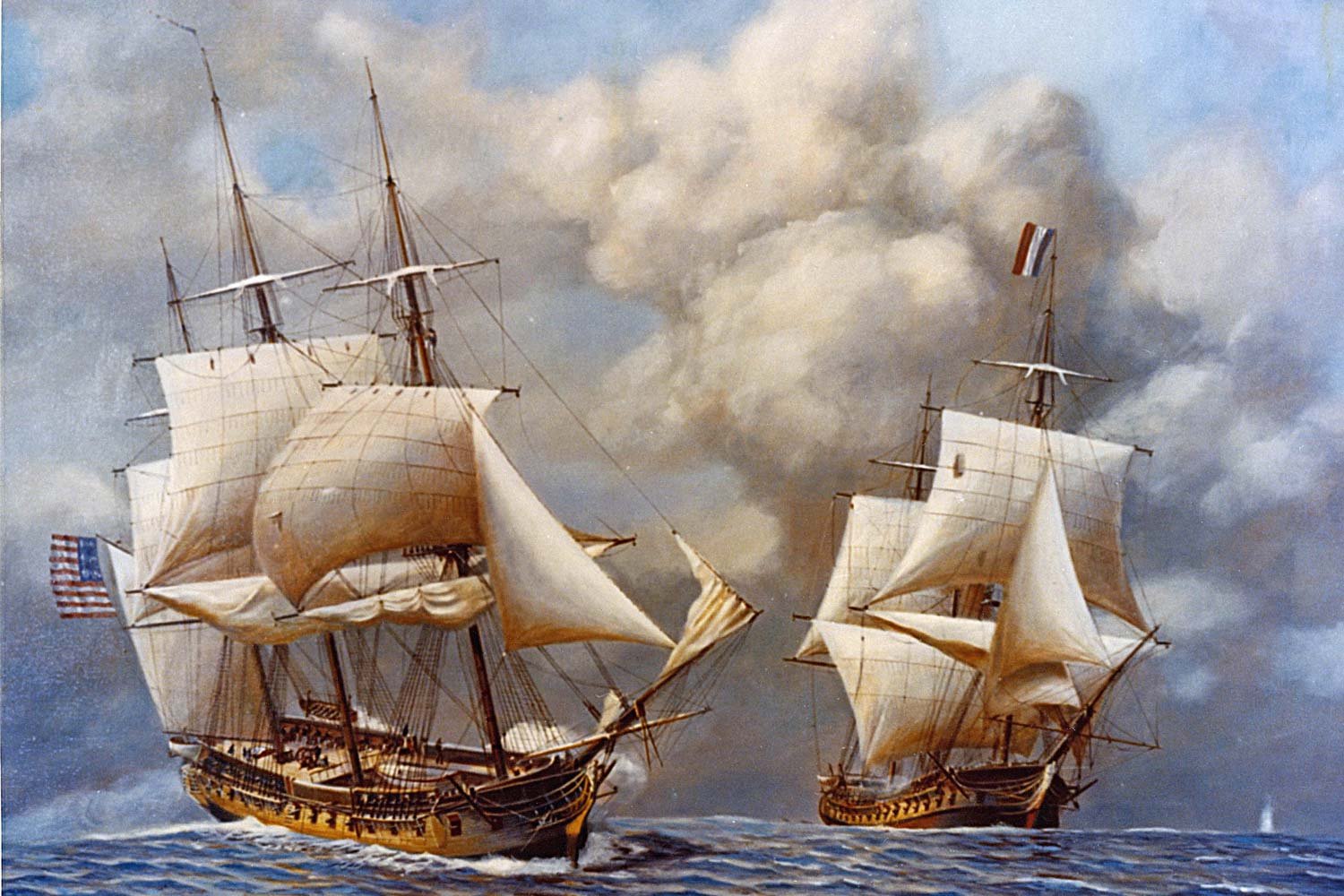
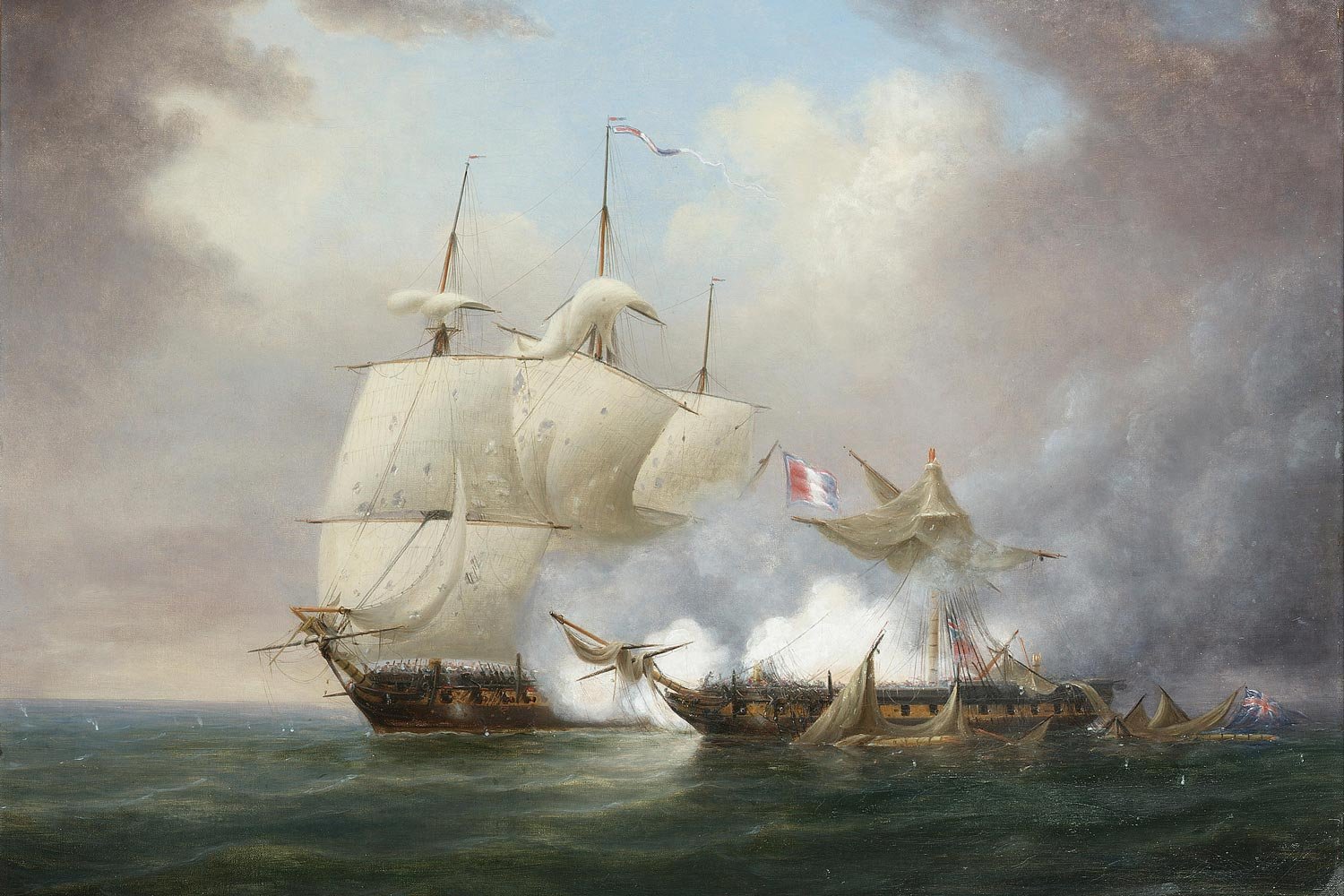
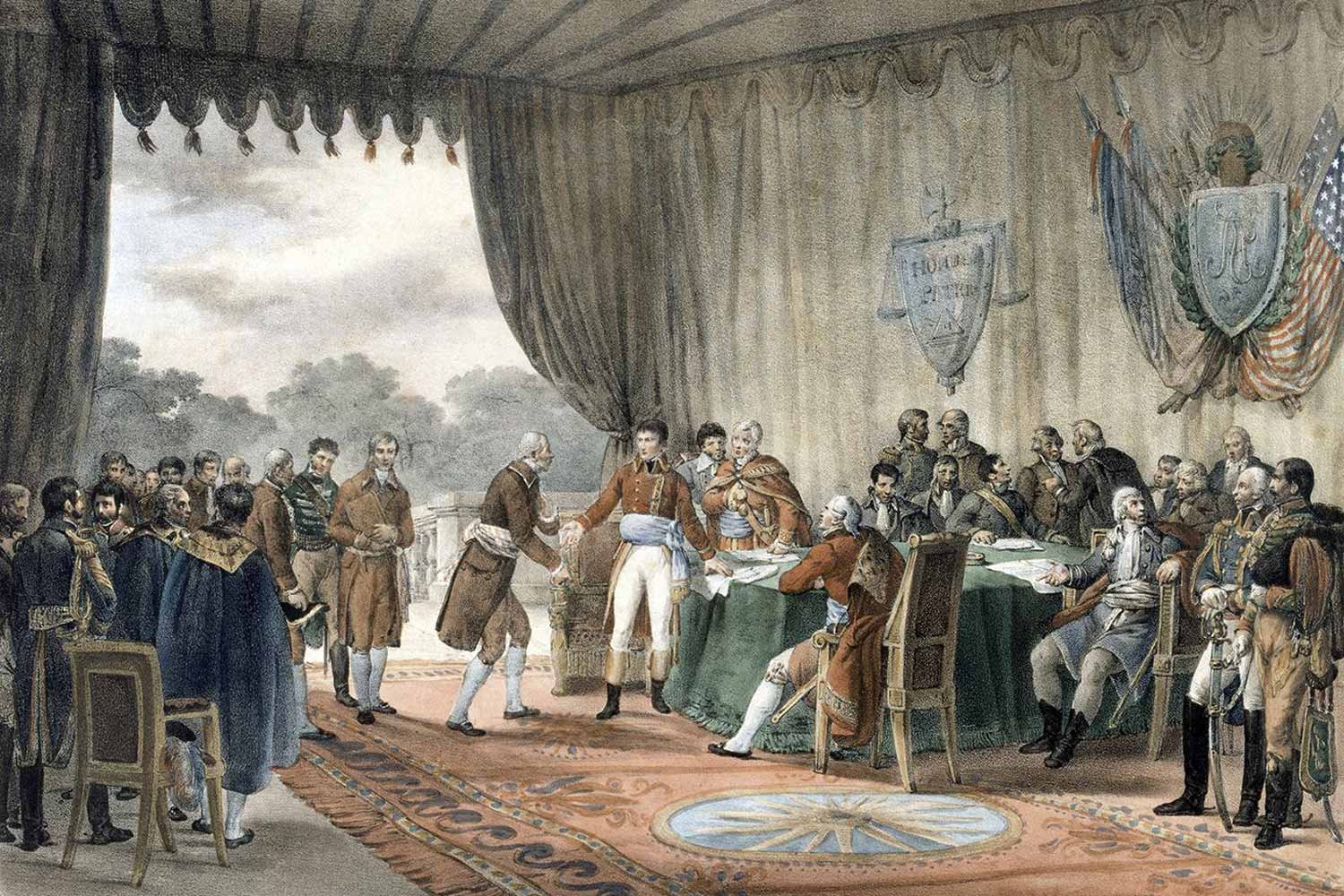
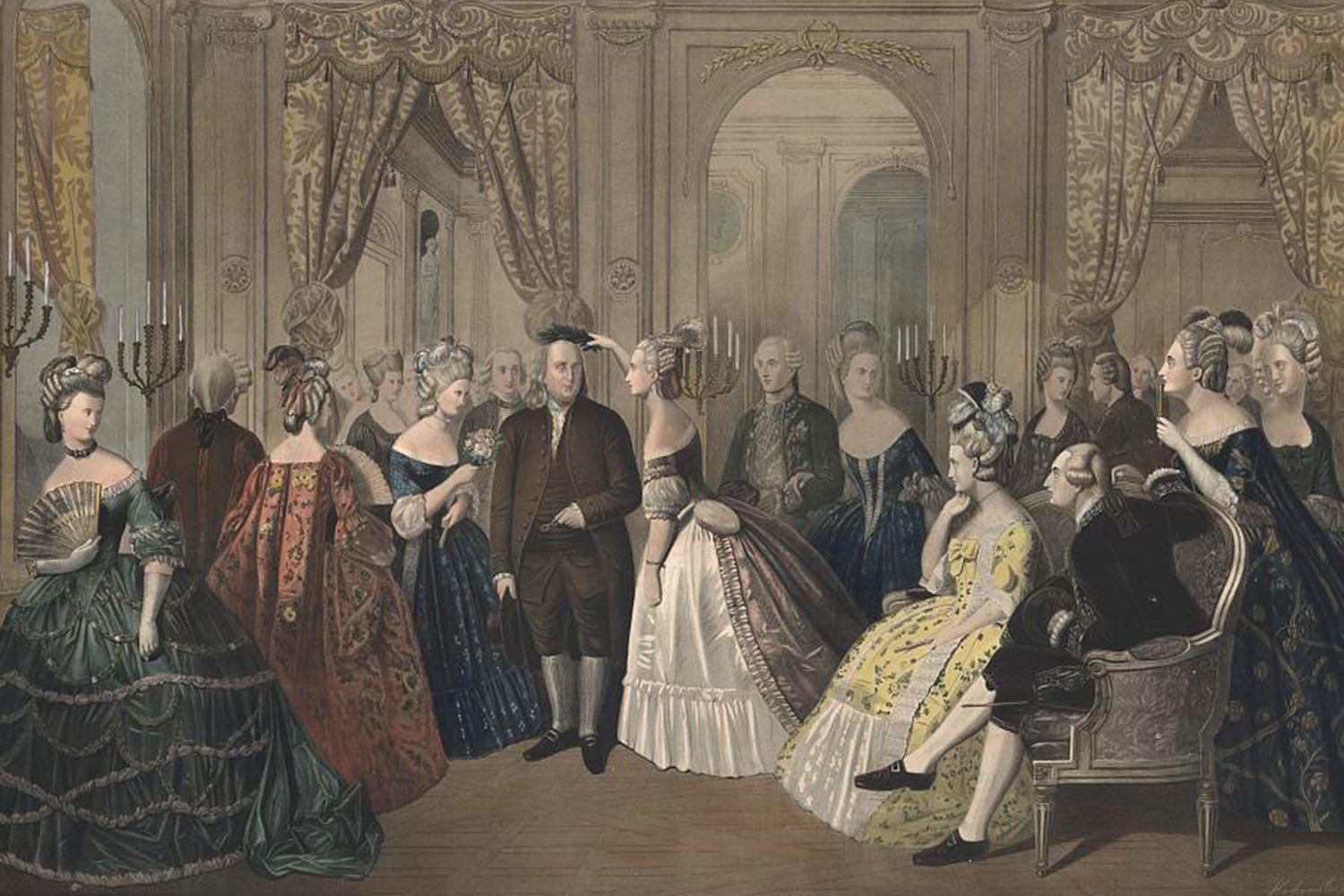
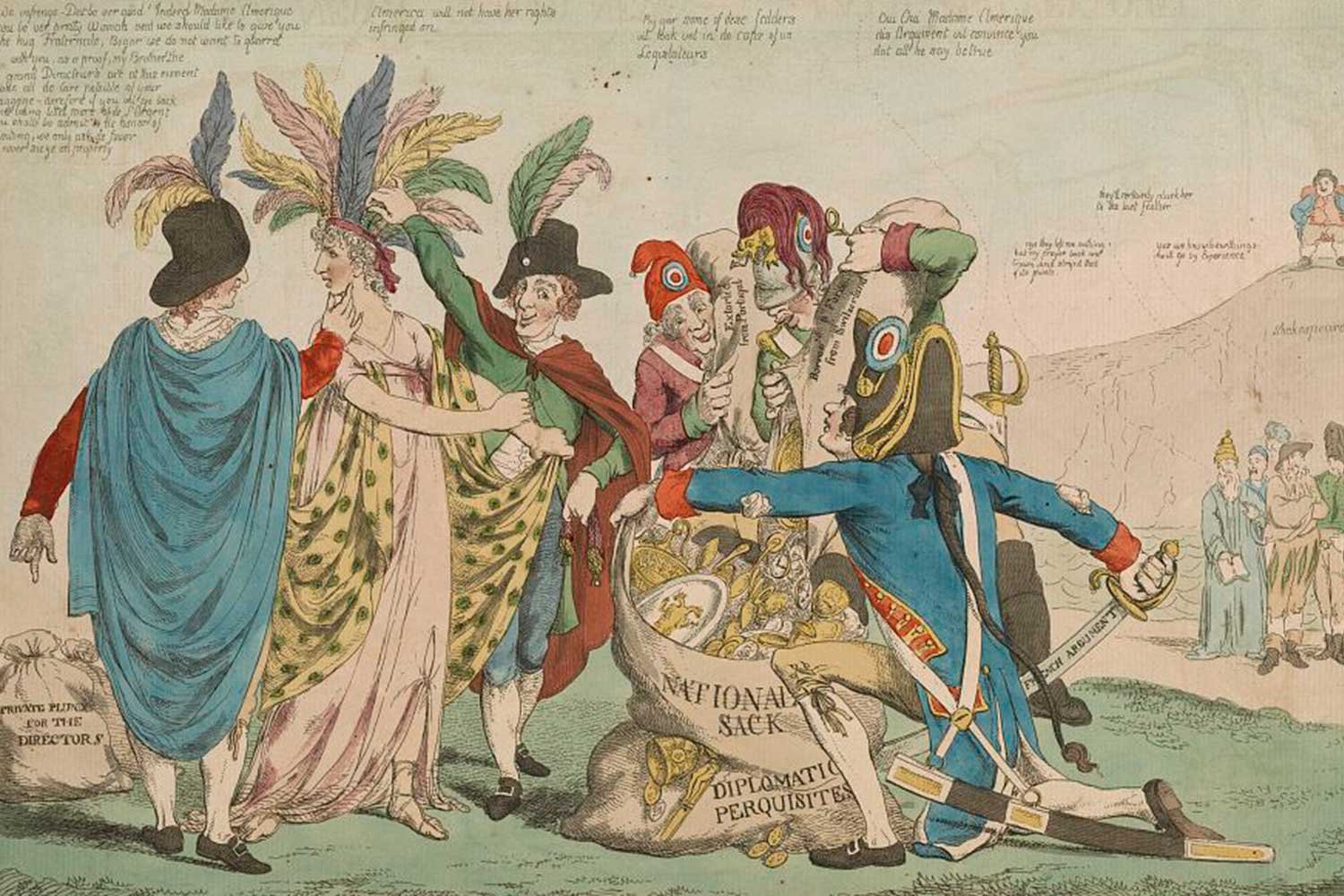
The only fighting in the Quasi-War occurred at sea, and mostly in the Caribbean. But with war at a fever pitch and French interests so close by in Louisiana, there was a very real concern in Congress about a possible French invasion of the United States from the west.